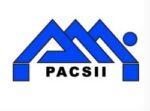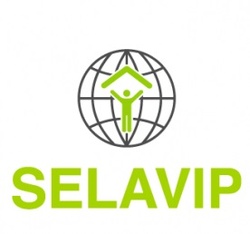SELAVIP is a private foundation that supports housing projects for very poor families. Our focus is on “extreme social emergency”, that is, people who dwell in very precarious and unsafe conditions, on lands easily flooded, on steep and dangerous slopes. In order to find a place to dwell, they may be forced to occupy urban land, suffering with danger of being evicted. Other poor households we would like to help to attain a minimal space of their own are those with no other alternative than to live as “unwelcome guests” in the homes of relatives and neighbors, in crowded conditions and lacking the minimal privacy needed to survive as families. Under such harsh conditions, these urban poor can not even dream of meeting the requirements to participate in conventional housing programs, in spite of their efforts to do so. SELAVIP wants to open realistic alternatives to these poor urban families that do not “fit” into any existing housing programs, public or private. We want to involve more groups and countries of the developing world in the task of seeking realistic alternatives to shelter the poor. Our funds should open for communities, NGOs and local governments new opportunities to work in this area, acquire experience and be able to move on to bigger projects in the future. Innovative proposals that address acute housing problems can enter our selection process and eventually receive a grant to cover a one-year implementation.
ELIGIBLE PROJECTS
Projects funded by SELAVIP can address different aspects of the complex reality of homelessness in developing regions, from direct housing production to promoting community based processes aimed at securing shelter. If the project is centered on housing production we will evaluate its potential to start or strengthen sustainable urban and housing processes. These projects should imply innovative ways of addressing the housing problems of the poorest at a minimal cost (not more than US$ 700 per family) in order to reach as much families as possible and hopefully contribute to initiate community-driven processes towards better homes in the future. While revising proposals that can be labeled as “process oriented” we will be looking for clear and measurable results in terms of housing and/or impacts on policies to facilitate access to shelter for the poorest of poor in a participative way. Priority will be given to initiatives that help poor families to organize and start fighting for land and housing rather than to those seeking to improve shelter that has already reached some physical or legal consolidation.

